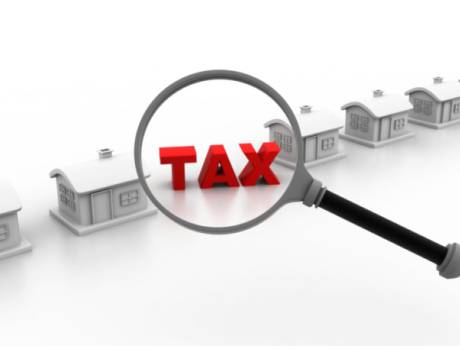- May 31, 2017
- Posted by: VatMan
- Category: Press Room

Article published by and copyright of GulfNews.com
What property stakeholders should do in readiness for value-added tax
Until such time as the VAT laws are finalised and publicised, there will remain an element of doubt as to their final form. Nonetheless, some patterns are emerging which may allow those in the real estate industry to take steps now to protect or clarify their position regarding VAT in their legal documentation.
What we know or think we know
VAT will be charged at five per cent on the taxable supply of goods and services. VAT is a tax on the value added at each stage of the supply chain.
Any entity or person required to register must charge VAT on their taxable supplies. The difference between the VAT charged on supplies made (outputs) by a registered entity and the VAT that entity pays to suppliers (inputs) is the tax payable to the VAT authority. If the inputs exceed the outputs a credit may be due.
Only businesses making supplies over a certain threshold (anticipated to be Dh375,000) shall be required to register for VAT on a mandatory basis. However, to take advantage of being able to set off inputs and outputs, many businesses under this threshold may opt to register to recover VAT provided that their supplies exceed a lower threshold of Dh187,500.
It is also anticipated that certain supplies will be either “exempt” or “zero rated”. In simple terms, a “zero rated” supply will enable the supplier of the relevant goods or services to charge VAT at zero per cent, while being able to recover any VAT paid on its inputs. An “exempt supply” is where the provider of goods or services cannot charge VAT on the supply, but must pay VAT on its inputs.
Residential…
